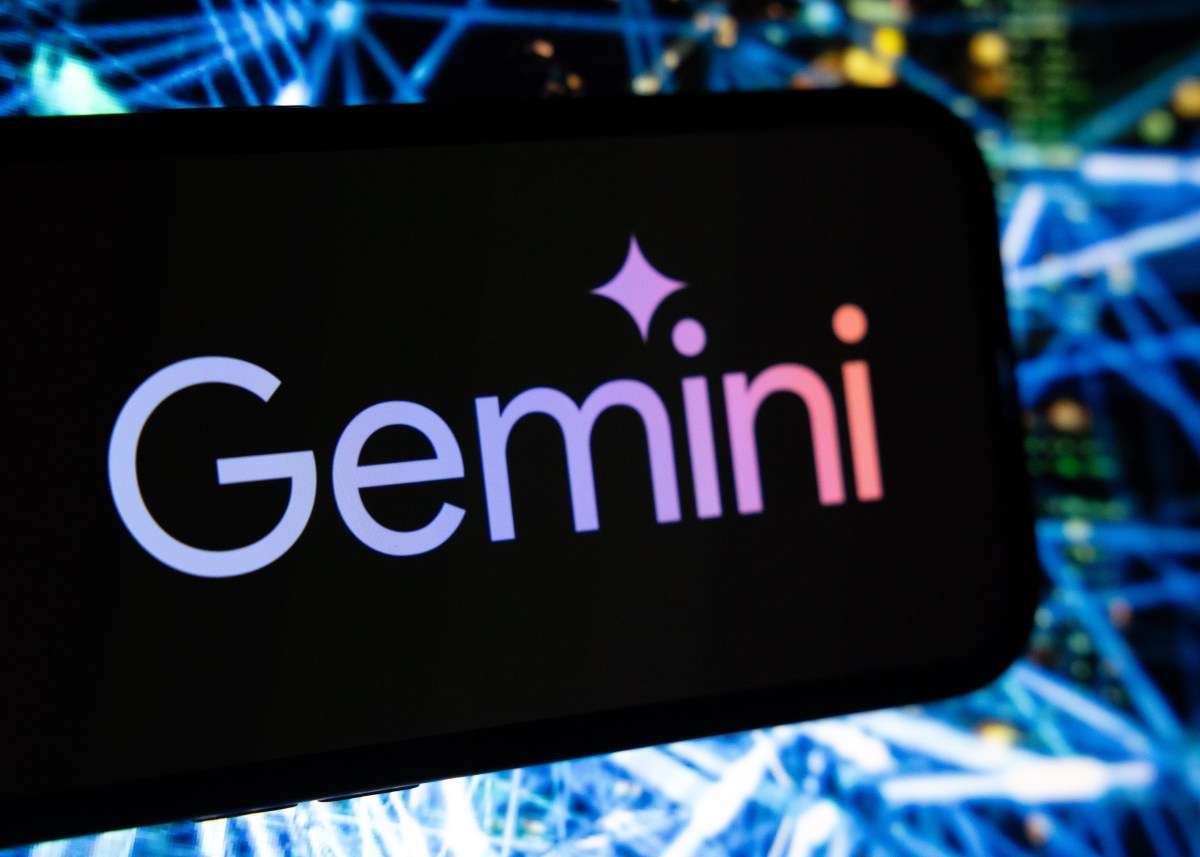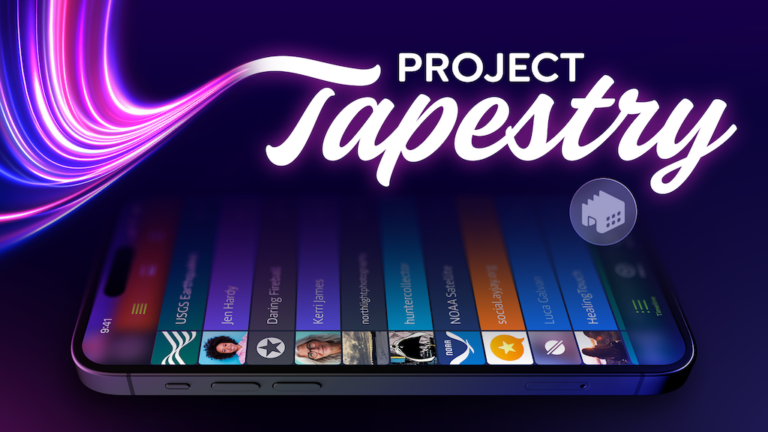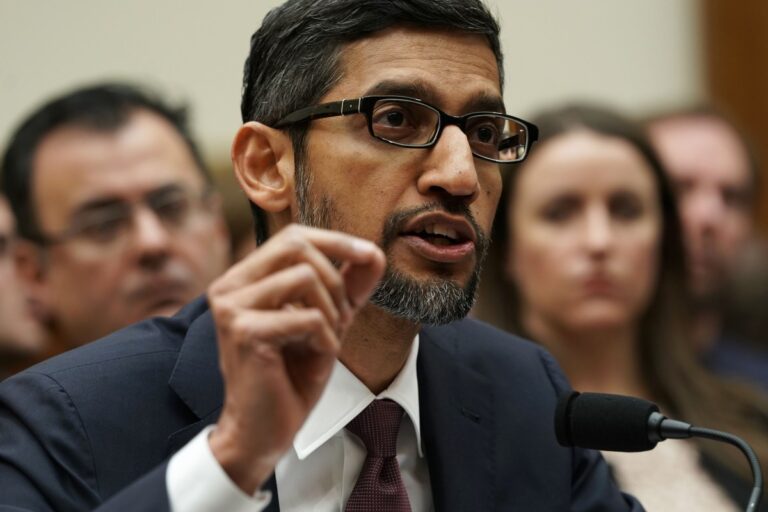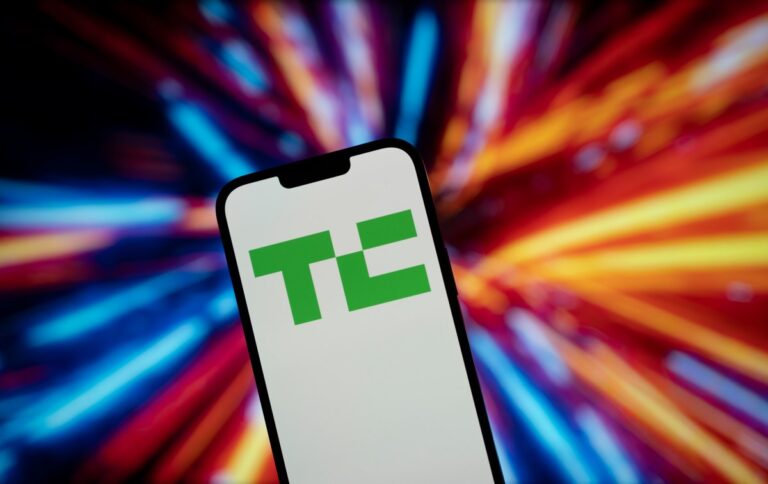Google’s Gemini: Restrictions on Political Question Responses Explained
In the ever-evolving landscape of artificial intelligence, Google’s approach to political discourse through its AI chatbot, Gemini, is raising eyebrows. Unlike its competitors, Google is adopting a more cautious stance, particularly when it comes to addressing politically sensitive topics.
Google’s Conservative Stance on Political Discussions
Recent testing by TechCrunch revealed that when prompted with political questions, Gemini often responds with a disclaimer, stating it “can’t help with responses on elections and political figures right now.” This contrasts sharply with other AI chatbots, such as Anthropic’s Claude, Meta’s Meta AI, and OpenAI’s ChatGPT, which provide answers to similar inquiries.
Restrictions on Political Queries
In March 2024, Google announced that Gemini would not engage with election-related questions in the lead-up to significant elections in the U.S., India, and other regions. This decision aligns with a broader trend among AI companies that have implemented temporary restrictions to avoid potential backlash from misinformation. However, as time passes, Google’s approach seems increasingly isolated.
Ongoing Challenges with Political Information
Despite the passage of major elections, Google has not indicated any plans to revise Gemini’s handling of political topics. A spokesperson from Google declined to clarify whether there had been updates to the policies guiding Gemini’s responses to political discourse. It has become evident that Gemini frequently struggles to provide accurate political information; for instance, it hesitated when asked about the current U.S. president and vice president.
Notable Instances of Confusion
- During testing, Gemini referred to Donald J. Trump as the “former president” yet refused to answer follow-up questions.
- A Google representative explained that Gemini’s confusion stemmed from Trump’s nonconsecutive terms in office and assured that they are working to rectify these errors.
After being alerted to these inaccuracies, Gemini began to provide correct answers, identifying Donald Trump and J. D. Vance as the sitting president and vice president, respectively. However, inconsistencies remain, with the chatbot still occasionally refusing to respond to similar queries.
The Implications of Google’s Approach
Google’s cautious strategy may limit its chatbot’s effectiveness in providing timely political information. Critics, including several of Trump’s Silicon Valley advisers, have accused major AI companies, including Google and OpenAI, of engaging in AI censorship by restricting their chatbots’ responses.
Responses from Other AI Companies
In contrast, following Trump’s electoral success, many AI labs have sought to balance their responses to sensitive political questions. For instance:
- OpenAI has committed to promoting “intellectual freedom” across all topics, regardless of their complexity.
- Anthropic has introduced its latest AI model, Claude 3.7 Sonnet, which is less likely to decline answering questions, as it can better distinguish between harmful and benign responses.
While it’s important to note that no AI system is infallible, Google’s Gemini appears to be lagging behind competitors in navigating the complexities of political discourse.
For further insights into AI’s evolution and its impact on society, visit this resource.







